Why has a Romanian prince gone fugitive?
Paul of Romania is wanted for his role in plot to reclaim royal lands
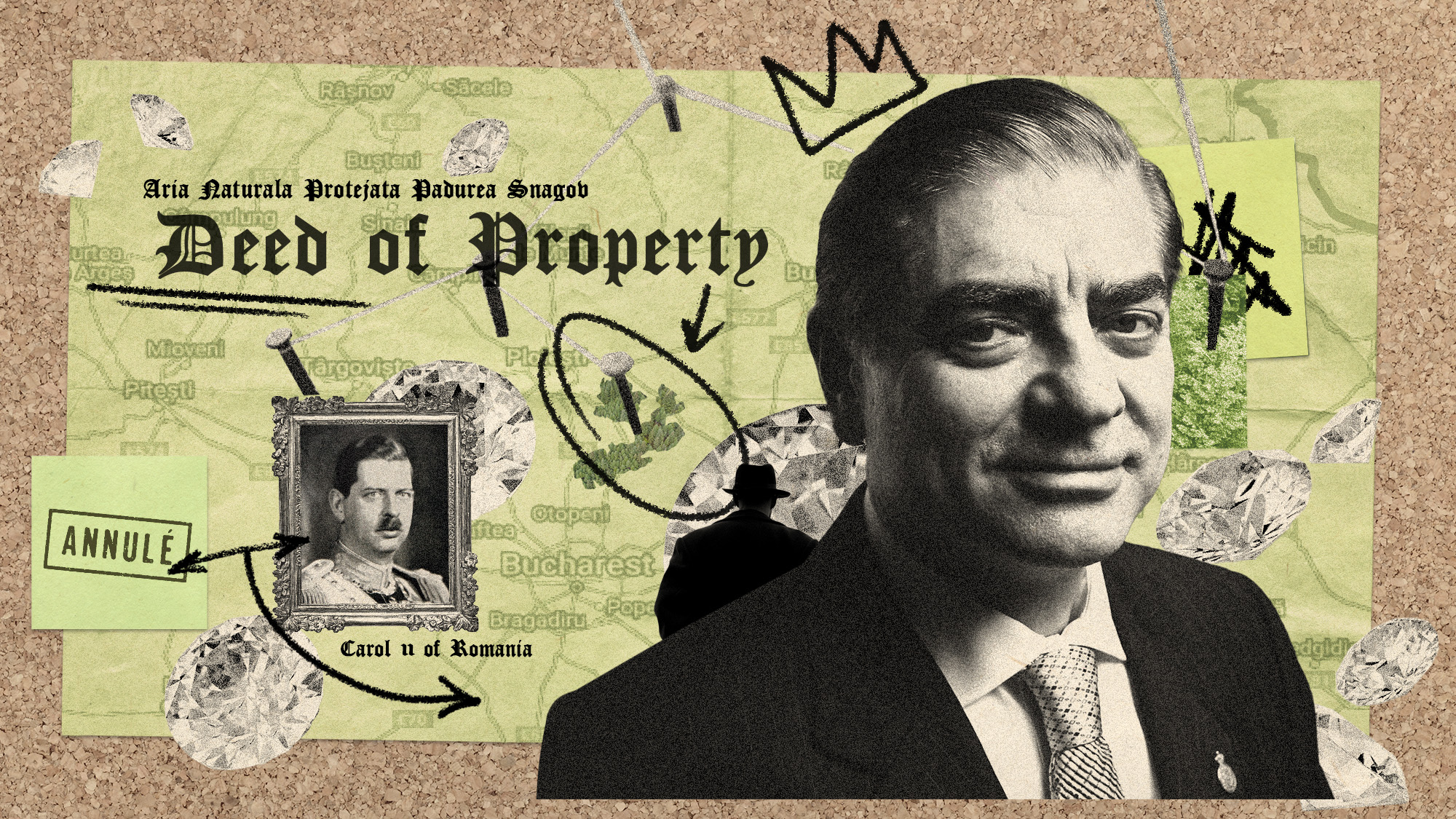
A free daily email with the biggest news stories of the day – and the best features from TheWeek.com
You are now subscribed
Your newsletter sign-up was successful
Have you heard the one about the fugitive royal, the diamond magnate and the cunning plot to grab royal land worth €145 million?
Paul Philippe Al Romaniei, also known as Paul of Romania, is the 76-year-old grandson of one of Romania's last kings. He has been chased around Europe over his role in an illegal ruse to reclaim royal lands that belonged to his ancestor.
Golden opportunity?
Paul's grandfather, King Carol II, ruled as a monarch from 1930 to 1940. Paul's father, Carol Lambrino, hoped to be an heir but he became an illegitimate prince after his parents' marriage was annulled. His uncle Michel, the last king, did not acknowledge him as part of the royal family, said the Daily Mail.
The Week
Escape your echo chamber. Get the facts behind the news, plus analysis from multiple perspectives.

Sign up for The Week's Free Newsletters
From our morning news briefing to a weekly Good News Newsletter, get the best of The Week delivered directly to your inbox.
From our morning news briefing to a weekly Good News Newsletter, get the best of The Week delivered directly to your inbox.
After Romania abolished the monarchy in 1947, the defunct royal family spent more than four decades in exile. Paul, who was born in Paris in 1948, was educated at the elite UK boarding school of Gordonstoun, in the same year as King Charles, who is a distant relation.
In 1989, Romania "shook off half a century of communist rule in a short, violent revolutionary spasm" that included the execution of dictator Nicolae Ceaușescu, said Politico. The royals then returned to the country.
It was not a fairy-tale return: they were granted only a ceremonial role and when Paul ran for president in 2000, just 0.5% of the population voted for him. He transformed his five-storey manor in Bucharest into a "sort of shadow royal court".
A wealthy businessman approached Paul, offering to help him reclaim old royal lands. Remus Truică, a former chief of staff to a "corruption-plagued" former PM, claimed he could help recover Paul's disputed ancestral lands – Snagov Forest and Băneasa Royal Farm. He offered an advance of €4 million, if Paul signed over 50 to 80% of the properties to his company.
A free daily email with the biggest news stories of the day – and the best features from TheWeek.com
For Paul, it felt like a "golden opportunity to assert his title once and for all", said Politico, but he found that not all that glitters is gold.
Assassination attempt?
The prince agreed to the arrangement, "pocketing" the advance within weeks. But it turned out that an Israeli billionaire, Benyamin Steinmetz, a mining tycoon with a fortune originally made from African diamonds, was the real financier of the plan to reclaim the old royal lands, not Truică.
Paul "didn't like" what he heard about Steinmetz, who was Israel's richest man, before his business dealings led to charges of bribery and corruption. Paul insisted he tried to "get out" of the deal.
After he received ownership of Snagov Forest and Băneasa Royal Farm and signed both properties over to Truică's company, Reciplia, he heard little from his partners and didn't receive his promised share of the sale of the assets.
He concluded that he was being "cheated" and went to the police in 2015 to file a complaint. But he was in trouble himself. In 2020, Romania's highest court convicted in absentia the prince and his conspirators of corruption, handing them prison sentences, including a term of three-and-a-half years for Paul. The court ruled that Paul had agreed to be part of the plot, which cost the state €145 million, the value of the land.
His wife told the authorities that Paul had flown to Portugal. He was arrested twice, in Greece and Cyprus, where he successfully shrugged off Romanian extradition requests on the grounds that conditions in Romania's prisons were inhumane.
He believed he could be targeted by political opponents in prison, he told The Times of Malta, claiming he might have been the subject of an assassination attempt in 2000 when a car drove into his, attempting to push him off a cliff.
In 2022, he was arrested again, this time in Paris. His lawyers disposed of his problem by arguing that two of the Romanian judges who convicted Paul had not been properly sworn in.
In April 2024, he travelled to Malta where he had been appointed the head of the charitable group the Order of St John of Jerusalem Knights of Malta. He was arrested at a €5,000-a-night resort and spent two months in prison before he was bailed.
He told The Times of Malta that he was kept with seven others in "quite a large room" with a courtyard for exercise. "It's very unnerving coming to a beautiful place like Malta and finding yourself enclosed in a prison", he said.
He emerged from his time in captivity with his jet-black hair turned white. Better news came when a Maltese court refused to extradite him because it was not satisfied he would be safe in Romanian custody. "I'm happy that Malta realised what Romania was trying to do," he told Politico in a phone call outside the court.
He told The Times of Malta that the arrest warrant had been "used politically" by "politicians and security people" who were "relics" of the Ceaușescu era. He accused the authorities of "sabotaging" his legitimate claims to properties that had once belonged to his family.
But he still has a conviction in Romania and a European Arrest Warrant "hanging over his head" and could yet face arrest in 25 EU member countries.
Chas Newkey-Burden has been part of The Week Digital team for more than a decade and a journalist for 25 years, starting out on the irreverent football weekly 90 Minutes, before moving to lifestyle magazines Loaded and Attitude. He was a columnist for The Big Issue and landed a world exclusive with David Beckham that became the weekly magazine’s bestselling issue. He now writes regularly for The Guardian, The Telegraph, The Independent, Metro, FourFourTwo and the i new site. He is also the author of a number of non-fiction books.
-
 How the FCC’s ‘equal time’ rule works
How the FCC’s ‘equal time’ rule worksIn the Spotlight The law is at the heart of the Colbert-CBS conflict
-
 What is the endgame in the DHS shutdown?
What is the endgame in the DHS shutdown?Today’s Big Question Democrats want to rein in ICE’s immigration crackdown
-
 ‘Poor time management isn’t just an inconvenience’
‘Poor time management isn’t just an inconvenience’Instant Opinion Opinion, comment and editorials of the day
-
 Why have homicide rates reportedly plummeted in the last year?
Why have homicide rates reportedly plummeted in the last year?Today’s Big Question There could be more to the story than politics
-
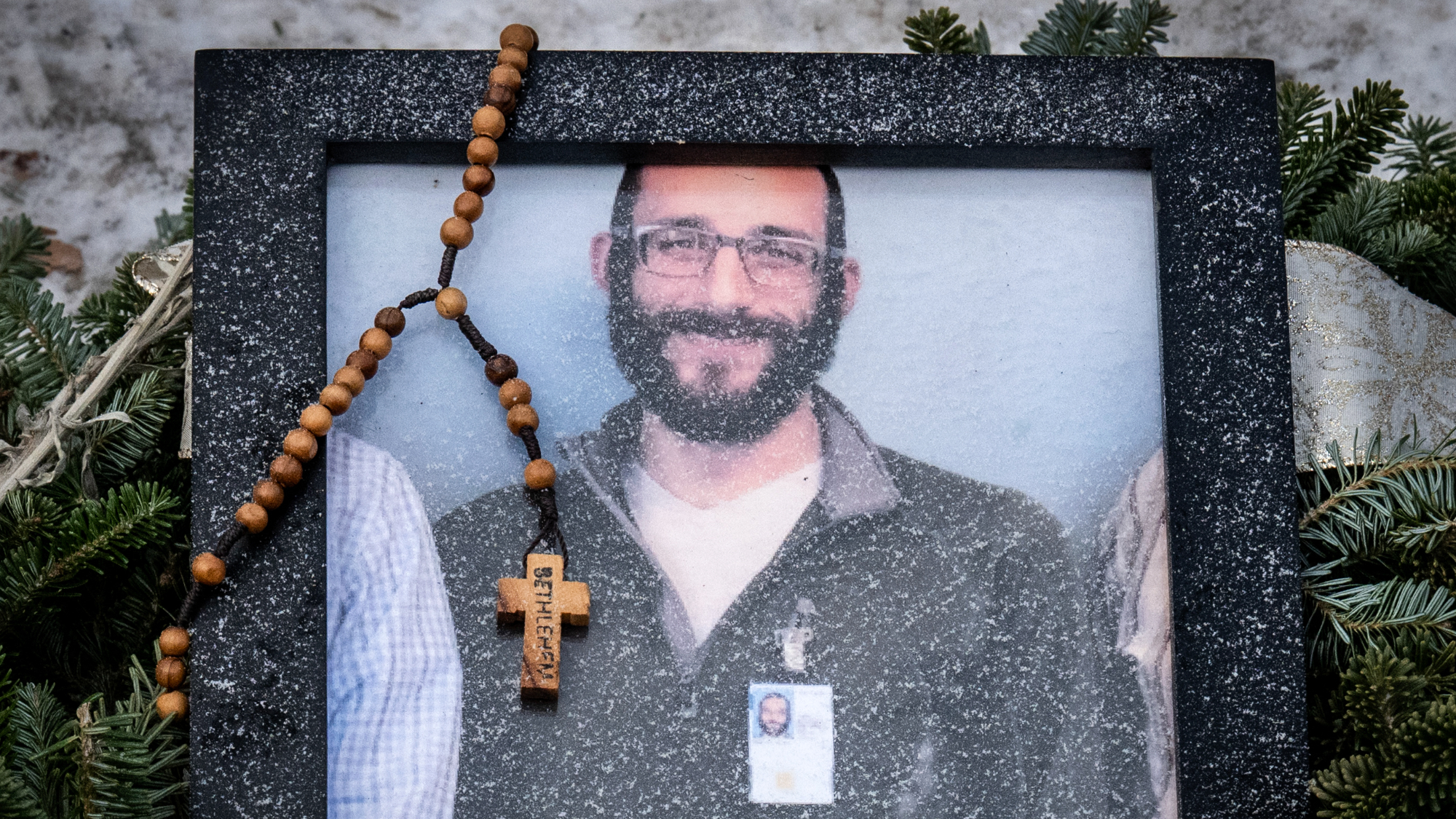 Demands for accountability mount in Alex Pretti killing
Demands for accountability mount in Alex Pretti killingSpeed Read Pretti was shot numerous times by an ICE agent in Minneapolis
-
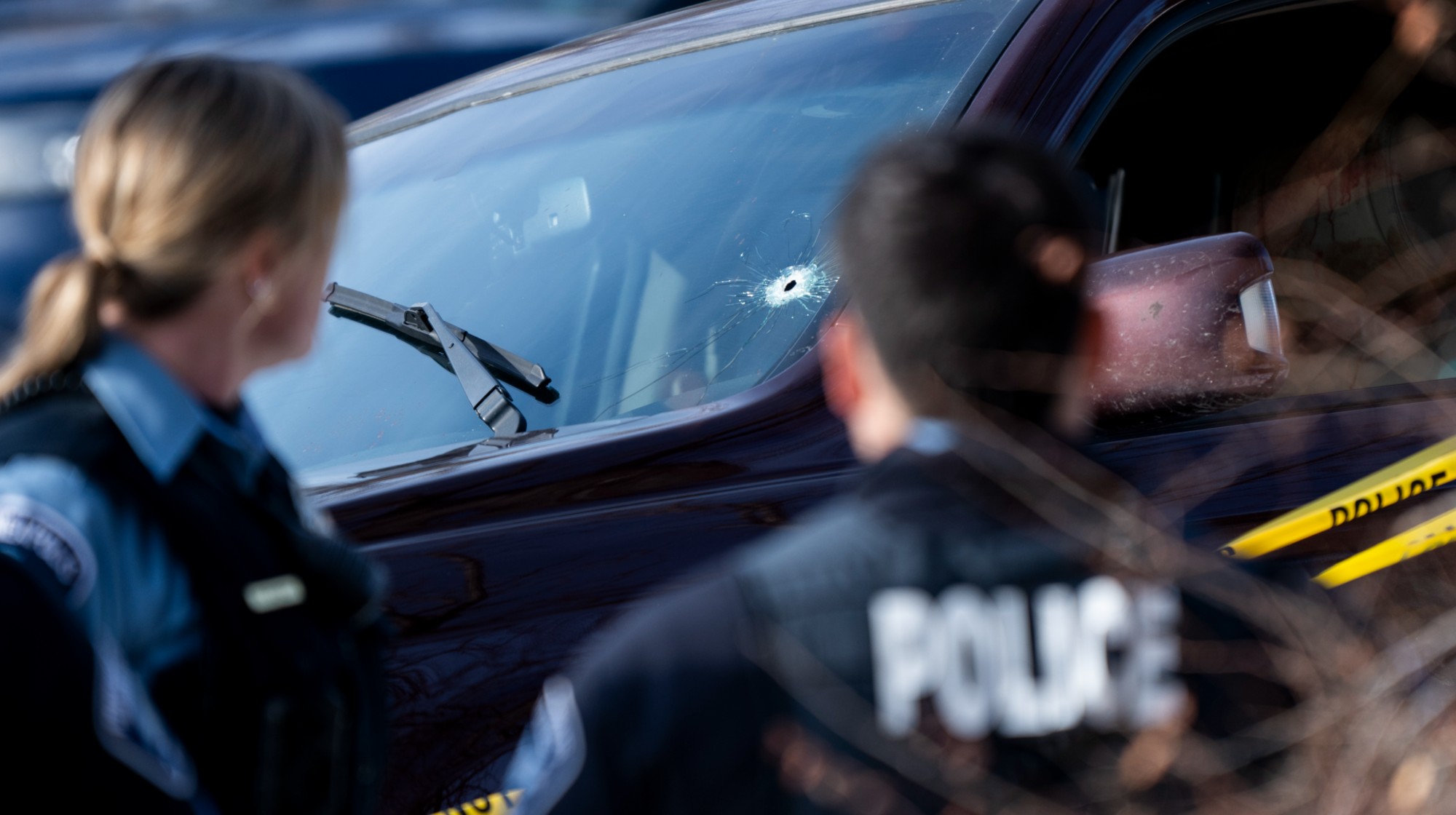 FBI bars Minnesota from ICE killing investigation
FBI bars Minnesota from ICE killing investigationSpeed Read The FBI had initially agreed to work with local officials
-
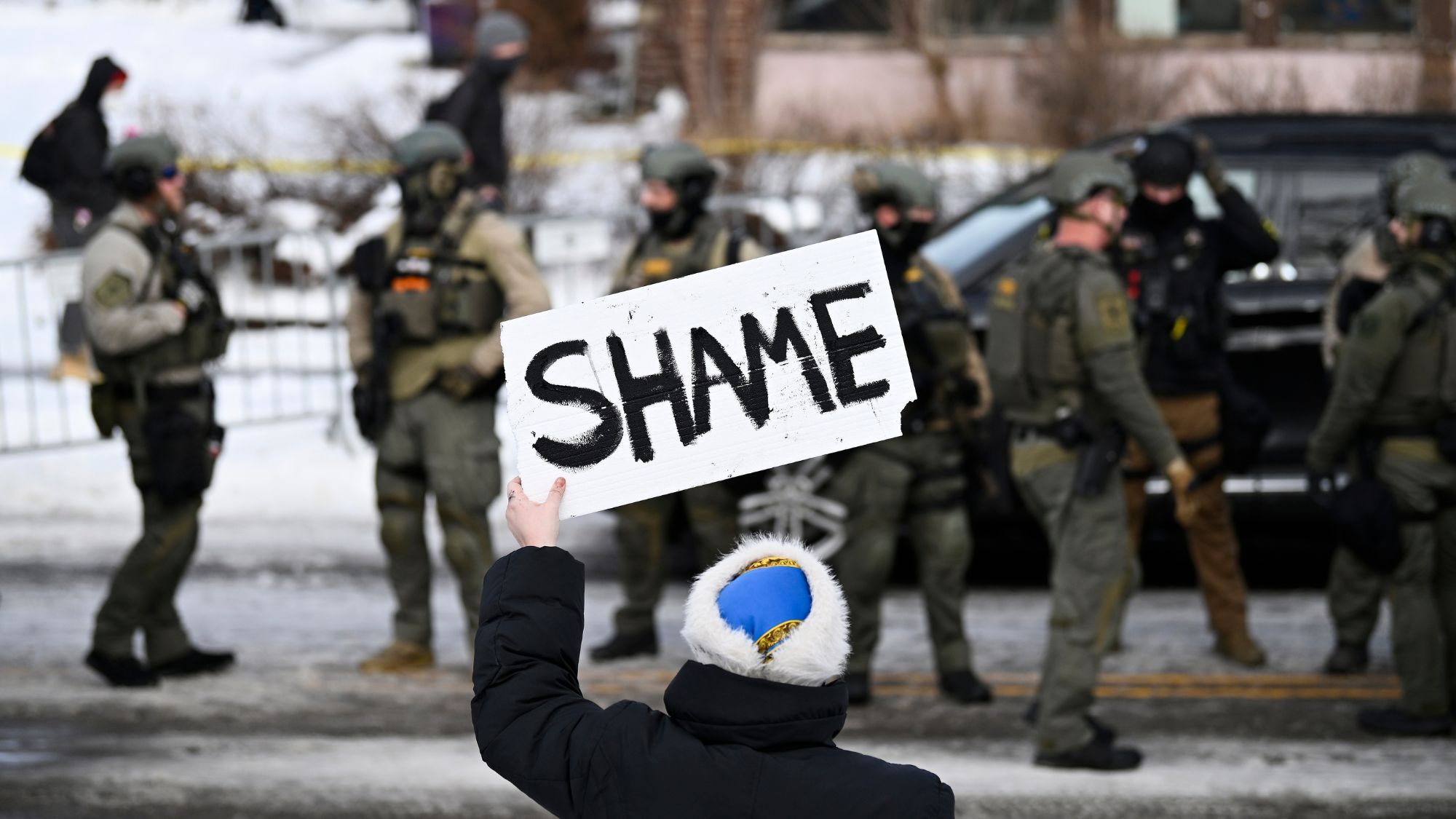 ICE kills woman during Minneapolis protest
ICE kills woman during Minneapolis protestSpeed Read The 37-year-old woman appeared to be driving away when she was shot
-
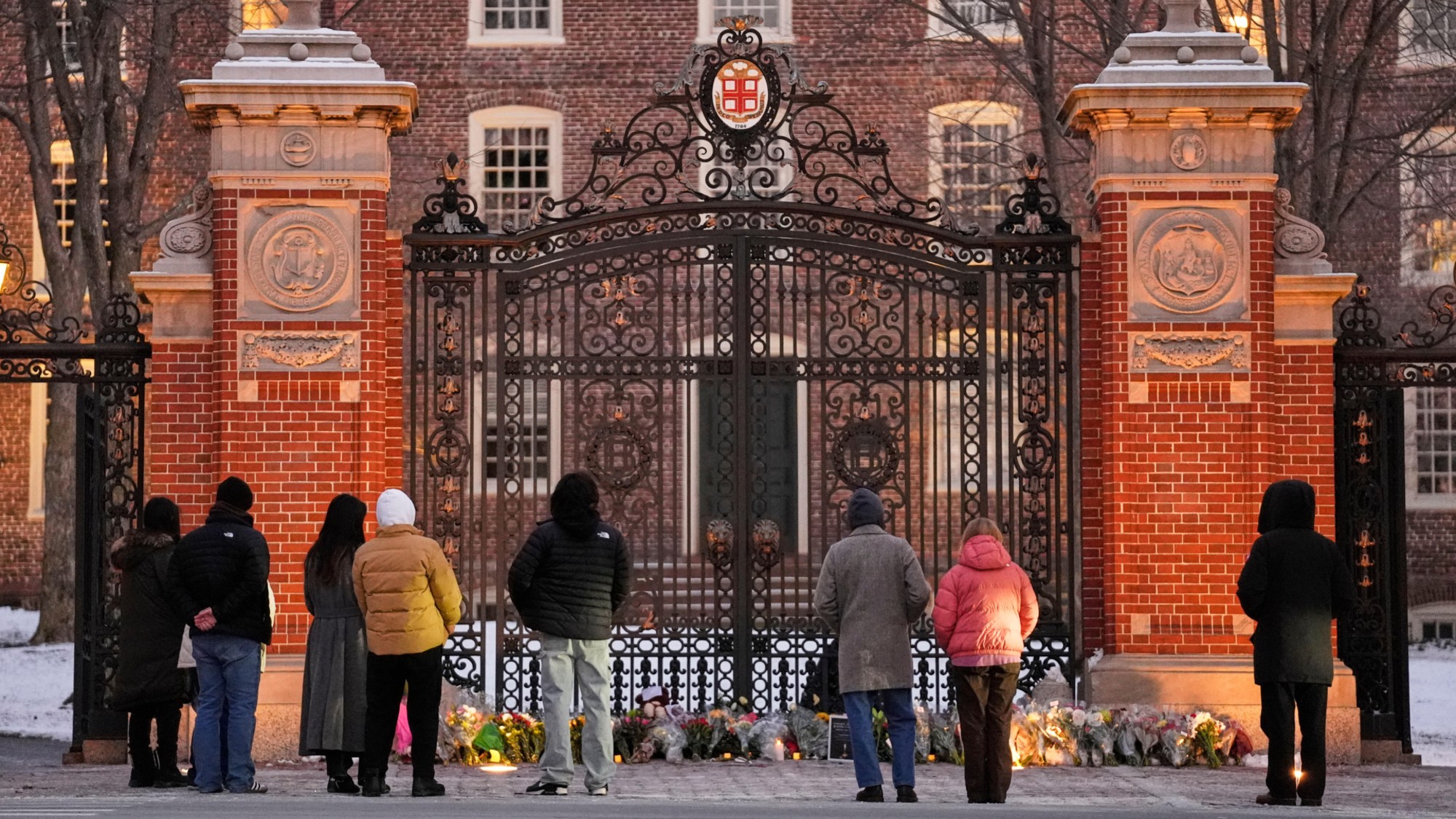 Campus security is under scrutiny again after the Brown shooting
Campus security is under scrutiny again after the Brown shootingTalking Points Questions surround a federal law called the Clery Act
-
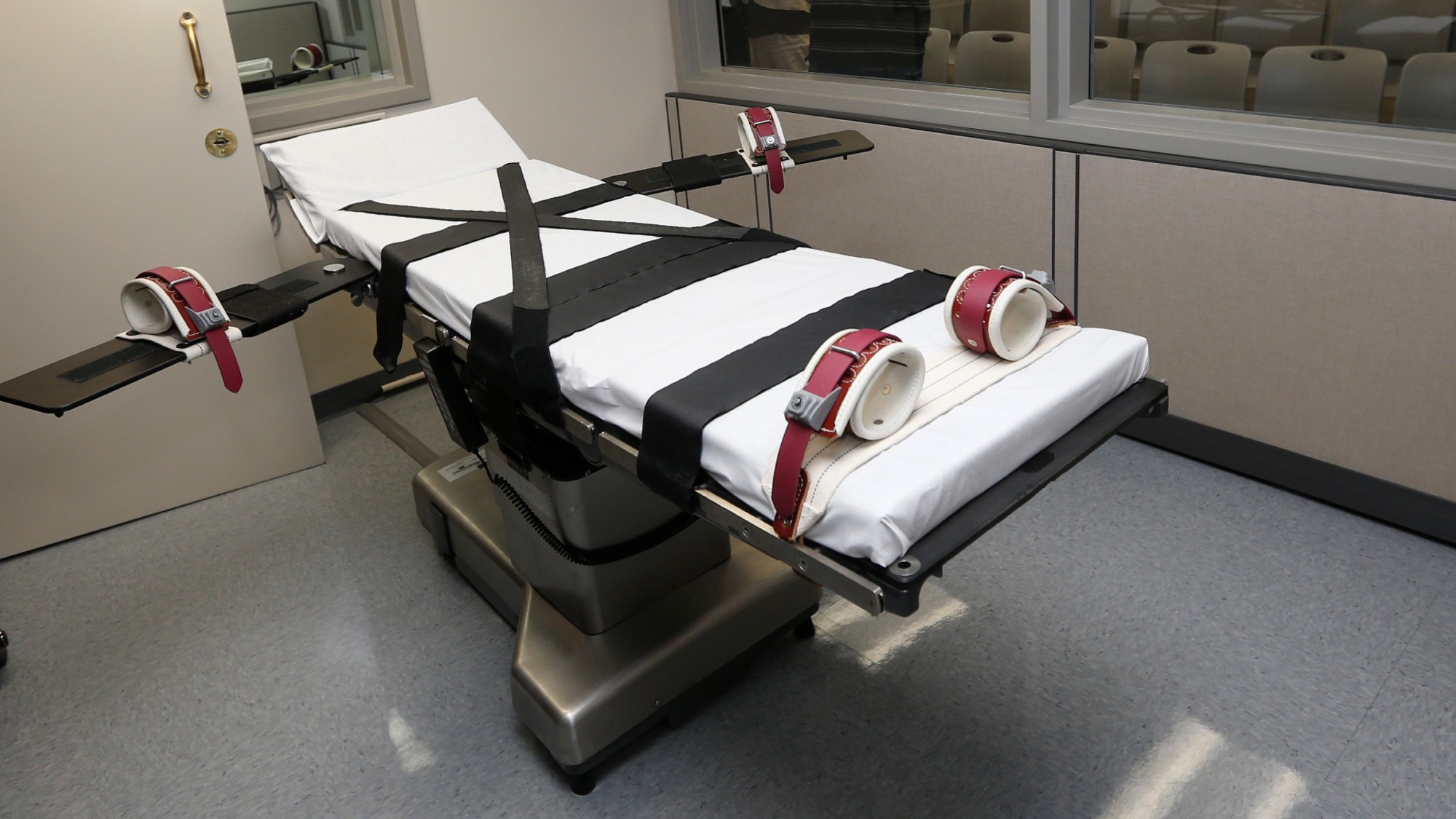 Executions are on the rise in the US after years of decline
Executions are on the rise in the US after years of declineThe Explainer This year has brought the highest number of executions in a decade
-
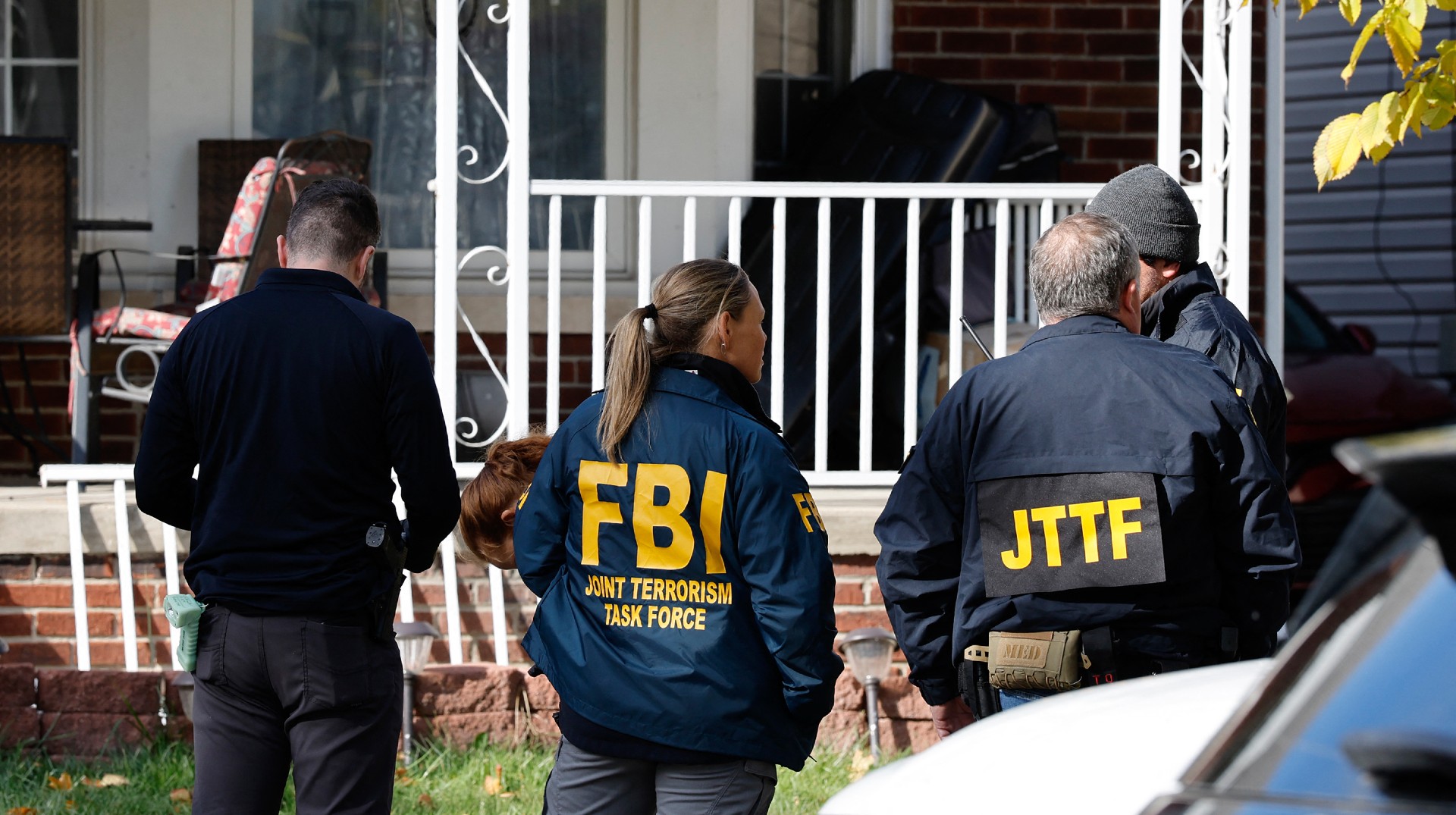 Two men accused of plotting LGBTQ+ attacks
Two men accused of plotting LGBTQ+ attacksSpeed Read The men were arrested alongside an unidentified minor
-
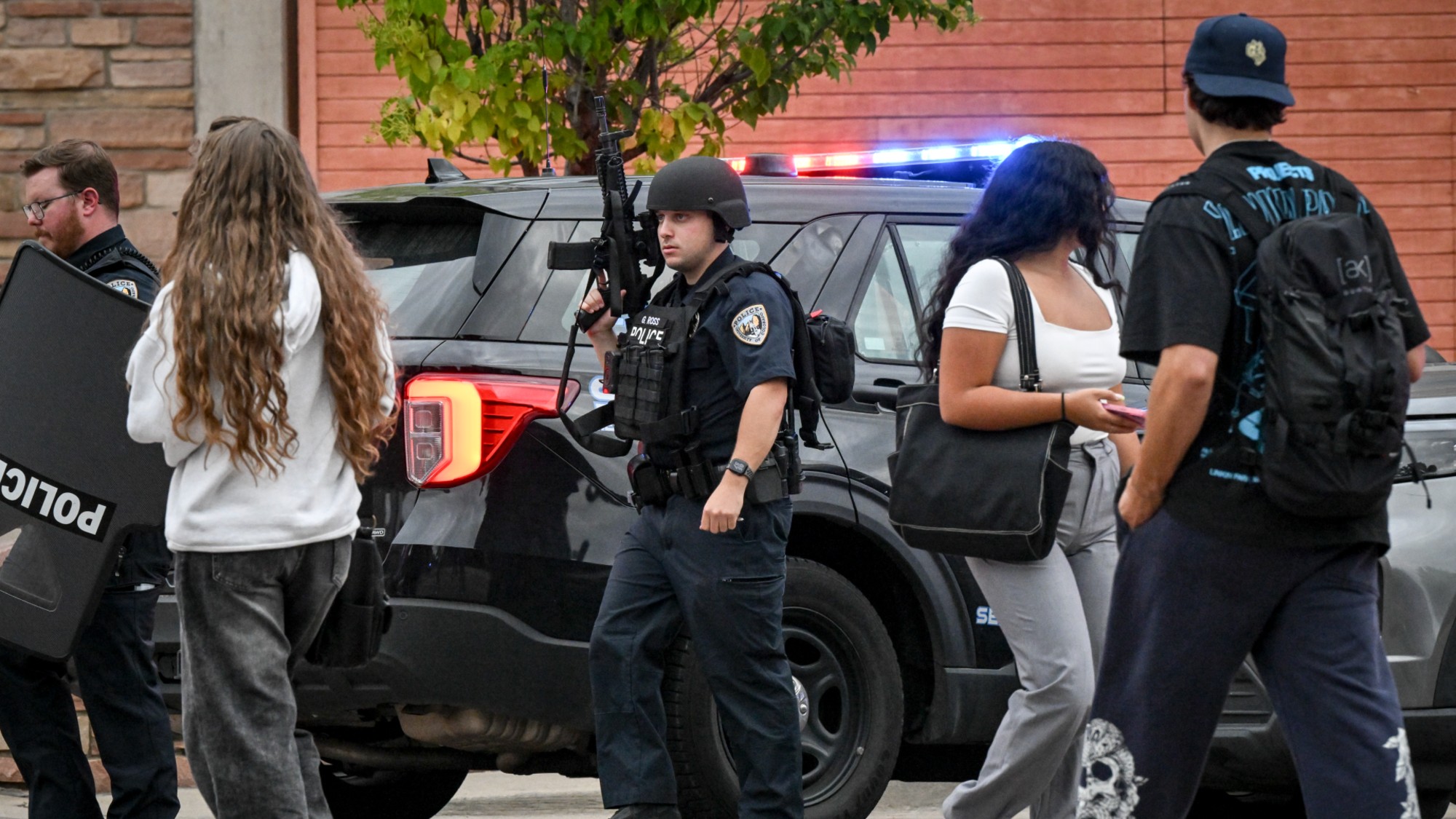 Colleges are being overwhelmed with active shooter hoaxes
Colleges are being overwhelmed with active shooter hoaxesIn the Spotlight More than a dozen colleges have reported active shooter prank calls